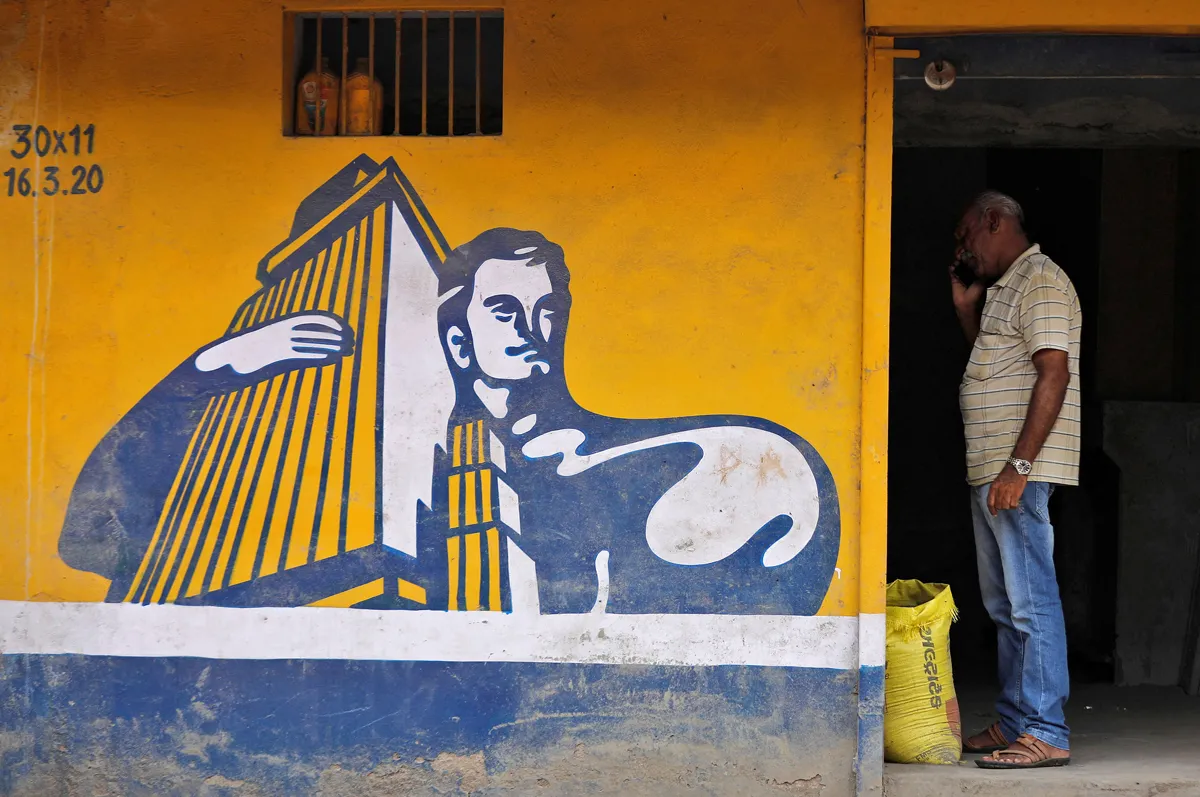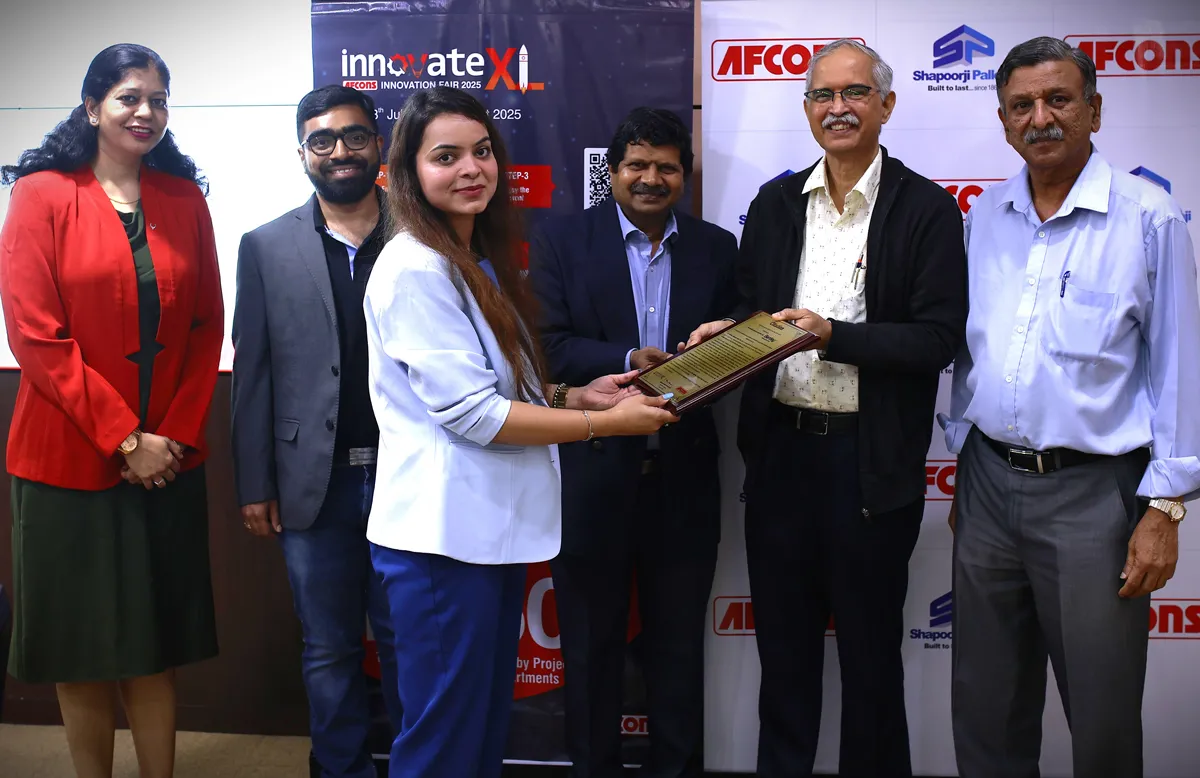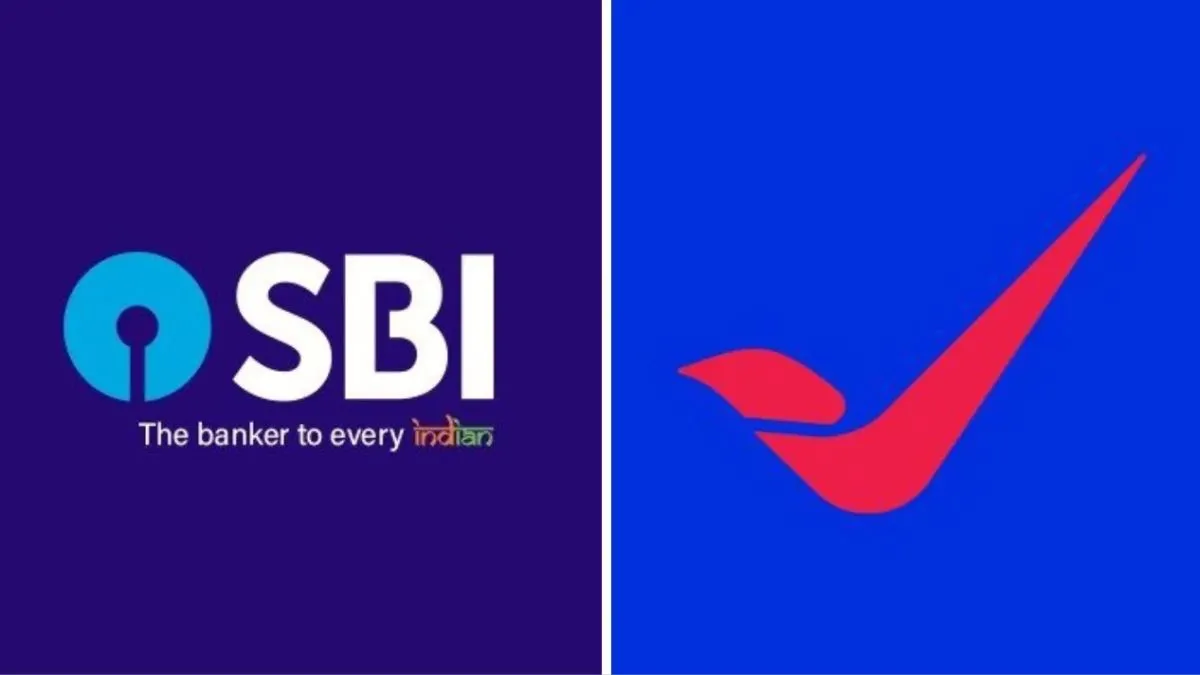
Ambuja Cements Drags JSW Cement to Court Over ‘Kawach’ Brand
Ambuja Cements, part of the Adani Group, has filed a trademark infringement case against JSW Cement in the Delhi High Court, alleging that its rival copied the ‘Kawach’ brand with its new product ‘Jal Kavach’.Justice Manmeet Pritam Singh Arora issued summons to JSW Cement and its subsidiary, JSW IP Holdings Pvt Ltd, while referring the matter to mediation. Hearings are scheduled to resume on October 15 if no settlement is reached.Ambuja, which registered the ‘Kawach’ trademark in 2019, argues that the term ‘Kavach’—meaning shield—is the distinctive feature of its branding. ..

Bentley Systems Named Innovation Partner of the Year 2025 by Afcons
Bentley Systems, the infrastructure engineering software company, has been recognised by Afcons Infrastructure Limited as its Innovation Partner of the Year 2025 at the Innovation Partners 2025 Felicitation Ceremony in Mumbai. The award acknowledges Bentley’s contribution to Afcons’ engineering digitalisation journey through an enterprise agreement providing access to over 250 Bentley engineering software tools. This adoption has enabled Afcons to accelerate project delivery, standardise digital workflows, and strengthen innovation across its infrastructure portfolio. Among key i..

SBI Sells 13.18% Stake in Yes Bank to Japan’s SMBC
State Bank of India (SBI) has completed the sale of a 13.18 per cent stake in Yes Bank to Japan’s Sumitomo Mitsui Banking Corporation (SMBC) for over Rs 8,889 crore. The divestment is part of a Rs 13,482 crore deal finalised in May with SMBC and seven private banks.Following the transaction, SBI’s shareholding in Yes Bank stands at 10.8 per cent. The deal, involving 4,134.4 million shares at Rs 21.50 each, is the largest cross-border transaction in the Indian banking sector.SBI Chairman C S Setty described the 2020 RBI-led rescue of Yes Bank as a pioneering public-private partnership, addi..
















